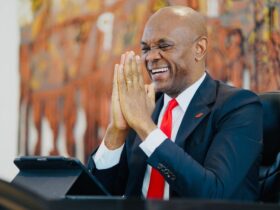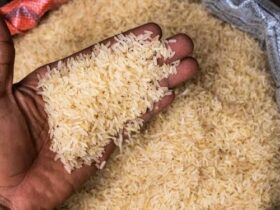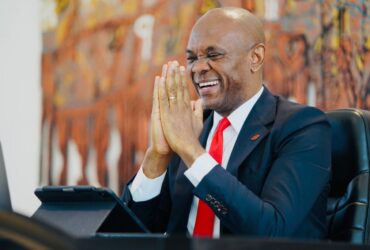Foreign Direct Investments (FDI) into Nigeria have experienced a significant decline of $470.8 million over the past five years, marking a noteworthy economic shift, This revelation stems from a meticulous analysis of various Capital Importation reports published by the National Bureau of Statistics (NBS), shedding light on the challenges faced by the country in attracting foreign capital.
Investopedia defines FDI as an ownership stake in a foreign company or project made by an investor, company, or government from another country. In the third quarter of 2023, the NBS’s Capital Importation report disclosed that the total foreign investments in Nigeria plummeted to $654.6 million from $1.1 billion in the second quarter. Notably, Other Investment dominated the charts, constituting 77.56% ($507.77 million) of the total capital importation, followed by Portfolio Investment at 13.31% ($87.11 million). In stark contrast, Foreign Direct Investment accounted for a mere 9.13% ($59.77 million) during the quarter.
Comparing year-on-year data, FDI experienced a decline of 26.8%, dropping from $81.72 million in the third quarter of 2022 to $59.77 million in the same period of 2023. On a five-year basis, the decline is even more alarming, witnessing an 89% decrease from $530 million recorded in the third quarter of 2018 to the current figure of $59.77 million.
The trend of declining FDI is evident in the NBS data over the years. In 2018, Nigeria attracted FDI amounting to $1.1 billion, which dwindled to $934.3 million in 2019. Although there was a slight uptick to $1 billion in 2020, the figure sharply plummeted to $698.78 million in 2021 and further decreased to $468 million in 2022. The first three quarters of 2023 show a continuation of this trend, with Nigeria only managing to secure FDI worth $193.4 million.
The decline in Nigeria’s FDI inflow has been attributed to various factors, including the existence of multiple exchange rates and the central bank’s rationing of dollars, as reported by Bloomberg. The International Monetary Fund (IMF) echoed these concerns in its Country Report for Nigeria, highlighting the complexities of Nigeria’s exchange rate policy and the presence of multiple exchange rates as significant impediments to attracting FDI.
Yemi Kale, a former Statistician-General of the NBS, emphasized the urgent need for clarity in the foreign exchange policy to instill confidence and attract foreign capital inflow. The importance of a transparent and stable exchange rate cannot be overstated in the eyes of investors.
Addressing these challenges, Professor Jonathan Aremu, a professor of International Economic Relations at Covenant University, called upon the Federal Government to prioritize intra-Africa trade as a strategic means to boost foreign direct inflow. Aremu underscored the necessity for the government to avoid creating an investment regime that favors foreign investors excessively and emphasized the importance of providing effective methods for the settlement of investment disputes.
In conclusion, the decline in Nigeria’s FDI over the past five years raises concerns about the country’s attractiveness to foreign investors. As stakeholders and experts call for transparency in exchange rate policies and measures to encourage intra-Africa trade, the Nigerian government faces the critical task of reevaluating its strategies to revive and sustain foreign direct investments for long-term economic growth.
Source: Punch Ng



















Leave a Reply